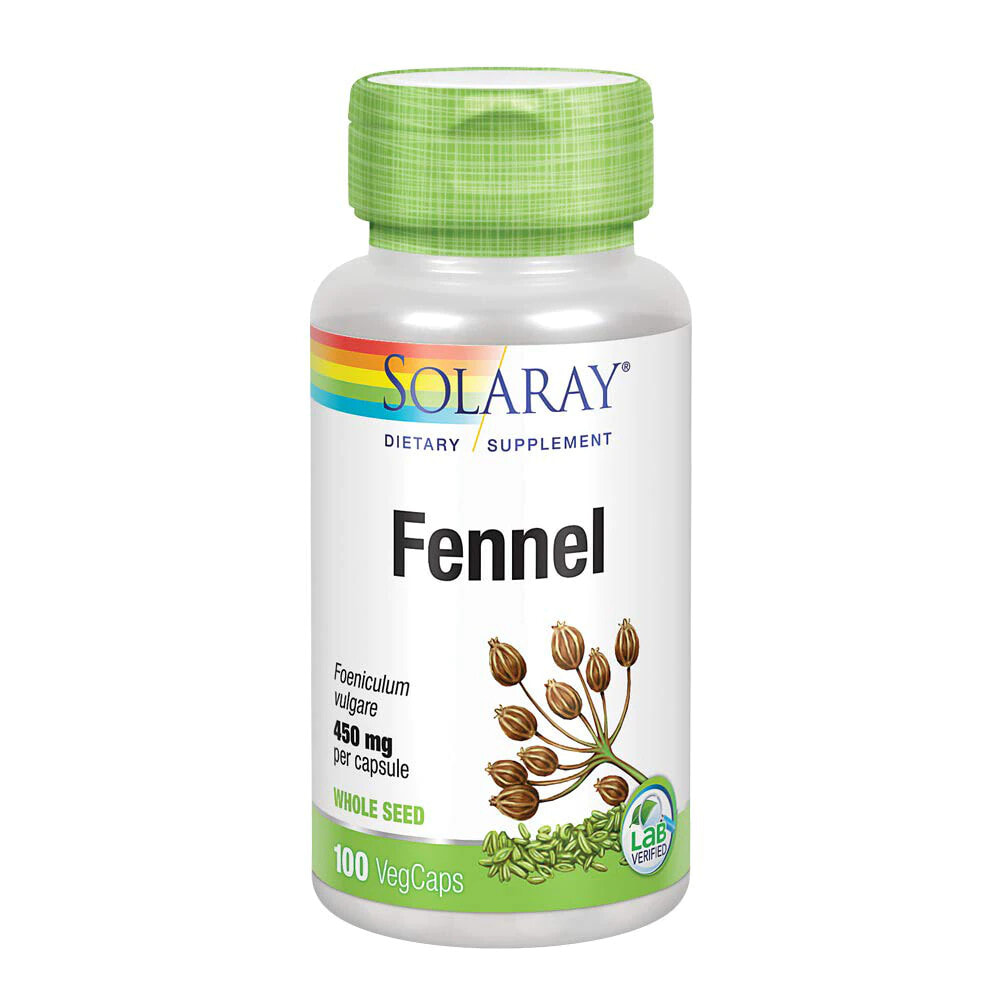Fennel seeds, derived from the flowering plant Foeniculum vulgare, have been valued for their culinary and medicinal properties for centuries. Native to the Mediterranean, fennel is now found all over the world, and its seeds are commonly used in cooking for their anise-like flavor. Beyond their culinary uses, fennel seeds offer a plethora of health benefits, making them a popular choice in supplement form. This comprehensive guide explores the various health benefits of fennel seed supplements, backed by scientific evidence and traditional practices.
Historical and Cultural Significance
Historically, fennel seeds have been used in traditional medicine across various cultures. Ancient Egyptians used them for their antiparasitic properties, while Romans believed fennel could improve eyesight. In traditional Chinese medicine, fennel is used to aid digestion, support lactation, and alleviate abdominal pain. These traditional uses have paved the way for modern scientific research into the health benefits of fennel seeds.
Digestive Health
One of the most well-documented benefits of fennel seeds is their ability to support digestive health. Fennel seeds contain anethole, fenchone, and estragole, compounds that have antispasmodic and anti-inflammatory properties, helping to relax the muscles in the gastrointestinal tract. This can alleviate symptoms of bloating, gas, and cramps, making fennel seed supplements a popular remedy for digestive discomfort. Additionally, fennel seeds are rich in dietary fiber, which promotes regular bowel movements and aids in preventing constipation.
Antioxidant Properties
Fennel seeds are packed with powerful antioxidants, such as polyphenols and flavonoids, which help combat oxidative stress and reduce inflammation in the body. Oxidative stress is linked to a multitude of chronic diseases, including heart disease, cancer, and diabetes. By neutralizing harmful free radicals, the antioxidants in fennel seeds can help protect the body against these conditions.
Respiratory Benefits
Traditionally used as an expectorant, fennel seeds can offer significant benefits for respiratory health. Their antimicrobial properties make them effective in fighting infections that lead to coughs, colds, and other respiratory conditions. The soothing effect of fennel seeds on the throat, combined with their ability to help break down mucus, makes fennel seed supplements a useful remedy for alleviating symptoms of respiratory ailments.
Weight Management
Fennel seeds may also play a role in weight management. Their high fiber content can help promote feelings of fullness, reducing overall calorie intake. Additionally, some studies suggest that fennel seeds can enhance metabolism and fat breakdown, further supporting weight loss efforts. However, these effects should be considered as part of a balanced diet and healthy lifestyle for best results.
Menstrual and Reproductive Health
Fennel seeds have been traditionally used to ease menstrual cramps due to their antispasmodic properties. They can help relax the muscles of the uterus, reducing the discomfort associated with menstruation. Furthermore, some research suggests that fennel seeds may have estrogenic effects, potentially helping to regulate menstrual cycles and alleviate symptoms of menopause, such as hot flashes and night sweats.
Cardiovascular Health
The antioxidants in fennel seeds can also benefit cardiovascular health by reducing oxidative stress and inflammation, which are key risk factors for heart disease. Additionally, the fiber content in fennel seeds can help lower bad cholesterol levels (LDL), further reducing the risk of heart disease. Fennel seeds also contain potassium, which helps regulate blood pressure, contributing to overall heart health.
Anti-cancer Potential
Emerging research has begun to explore the anti-cancer properties of fennel seeds. Some studies suggest that the compounds in fennel seeds, particularly anethole, may have chemoprotective effects, inhibiting the growth and spread of cancer cells. While this research is promising, more studies are needed to fully understand the potential anti-cancer benefits of fennel seeds.
How to Use Fennel Seed Supplements
Fennel seed supplements are available in various forms, including capsules, powders, and teas. The appropriate form and dosage depend on the specific health goal. For digestive health, a tea made from steeping fennel seeds in hot water may be effective. For more systemic benefits, such as antioxidant support or menstrual relief, capsules or tinctures might be more suitable. It’s important to follow the manufacturer’s recommended dosage or consult a healthcare provider for personalized advice.
Safety and Side Effects
Fennel seed supplements are generally safe for most people when consumed in moderate amounts. However, some individuals may experience allergic reactions or side effects, such as nausea or skin sensitivity. Because of their potential estrogenic effects, individuals with hormone-sensitive conditions should use fennel seed supplements with caution. Pregnant women should consult a healthcare provider before using fennel seed supplements, as high doses may have contraindications.
Conclusion
Fennel seed supplements offer a wide range of health benefits, from digestive and respiratory support to potential anti-cancer properties. Backed by both traditional use and modern scientific research, these supplements can be a valuable addition to a holistic health regimen. However, as with any supplement, it’s important to consider individual health needs and consult with a healthcare provider to ensure safety and effectiveness. Whether used for specific health concerns or overall well-being, fennel seed supplements stan

